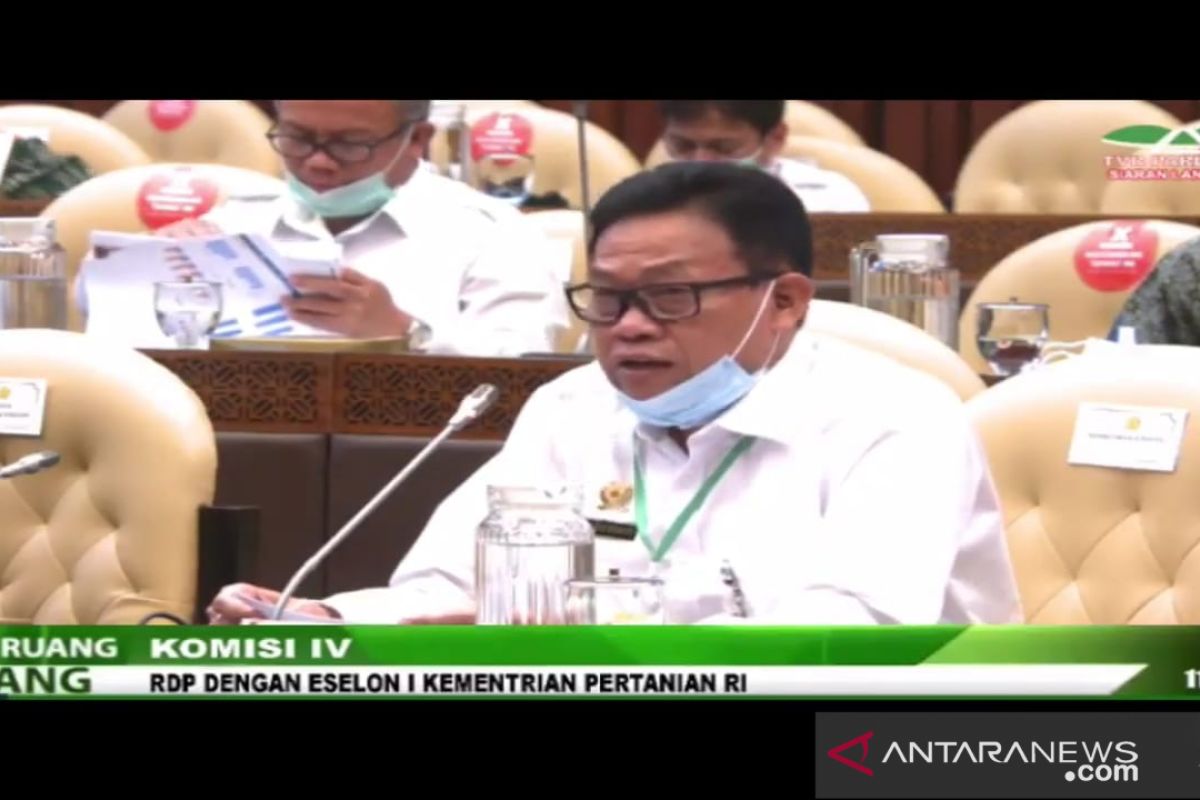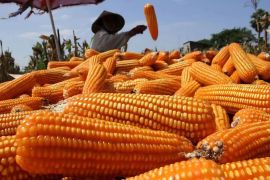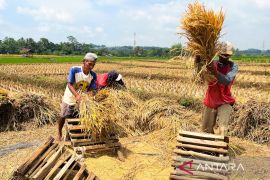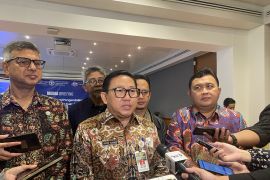“With the high import of strategic commodities, and in a bid to secure domestic production, maintain farmers' welfare, and maintain the domestic supply balance, the ministry proposes some policies to control imports,” the ministry's secretary general, Momon Rusmono, said during a meeting with Commission IV of the House of Representatives (DPR) here on Tuesday.
The policies propose putting wheat, soybean, and tapioca on the list of goods banned or restricted for imports, he elaborated.
They propose that the food trade mechanism be managed under one ministerial regulation, import arrangement for fresh food products be made through one ministry/institution, and import arrangement for processed products involve related ministries and institutions, he said.
The policies propose import of strategic food products, such as corn, soybean, and tapioca, be approved in a coordination meeting led by the Coordinating Minister for Economic Affairs.
They also recommend a review of import tariffs on wheat flour and tapioca, and the imposition of import tariffs on soybean.
The policies also propose that soybean and tapioca importers be required to plant or partner with farmers to buy a certain amount of their yields as a requirement to import the two products.
They also suggest that the price of farmers' cassava be based on the purchasing price reference (HAP), as the reference price of local soybean products has also been set under the Trade Minister Regulation no. 7/2020.
Data from the Central Statistics Agency (BPS) shows imports of some strategic commodities continued to be high during the period from January to September, 2020. Imports of wheat were pegged at 8 million tons, cassava 136,889 tons, soybean 5.7 million tons, and tobacco 85,536 tons.
Related news: Government bears import duties to help business world survive crisis
Related news: Govt urged to stop SNI marking manipulation for steel products
Translator: Mentari DG, Sri Haryati
Editor: Rahmad Nasution
Copyright © ANTARA 2020












